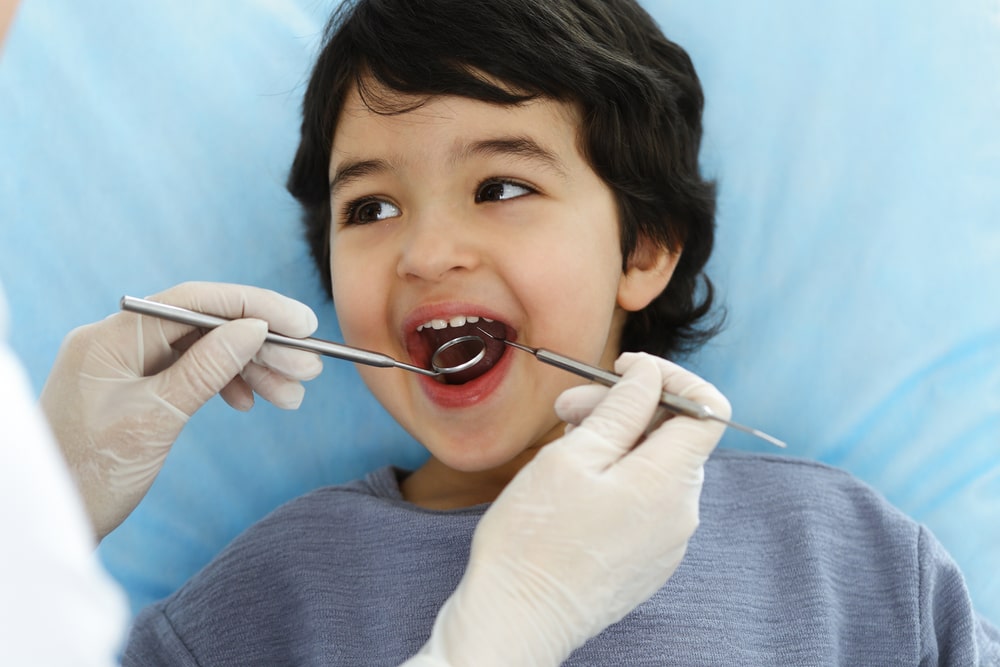
Top Ten Dental Tips for Children
Healthy teeth are essential for a child’s overall health and well-being. Good oral hygiene can help prevent cavities, gum disease, and other dental problems. This article provides 10 dental tips for children, along with additional tips for parents. By following these tips, parents can help their children develop healthy dental habits that will last a lifetime.
Children’s teeth are more susceptible to cavities than adults’ teeth. This is because children’s teeth are still developing, and the enamel layer is thinner. Additionally, children’s diets often contain more sugary foods and drinks, which can contribute to cavities. Good oral hygiene is essential for preventing cavities and other dental problems in children. This includes brushing and flossing twice a day, visiting the dentist regularly, and eating a healthy diet.
The following are 10 dental tips for children: Dental Treatment Sharjah
Start brushing early. As soon as your child’s first tooth comes in, start brushing twice a day with a soft-bristled toothbrush and fluoride toothpaste.
- Make brushing fun. Let your child choose their own toothbrush and toothpaste, and make brushing a fun activity. You can sing songs, tell stories, or play games to make brushing more enjoyable.
- Floss regularly. Floss once a day to remove plaque and food particles from between your child’s teeth.
- Visit the dentist regularly Visit the dentist regularly. Your child should see the dentist for a checkup and cleaning every six months.
- Eat a healthy diet. Avoid sugary foods and drinks, which can cause cavities. Instead, encourage your child to eat fruits, vegetables, and whole grains.
- Drink fluoridated water. Fluoride helps strengthen teeth and prevent cavities. If your water supply is not fluoridated, talk to your dentist about fluoride supplements.
- Limit sugary drinks. Sugary drinks, such as soda, juice, and sports drinks, can cause cavities. Limit your child’s intake of sugary drinks to no more than one per day.
- Don’t let your child fall asleep with a bottle of milk or juice. The sugar in these drinks can cause cavities overnight.
- Teach your child about good oral hygiene. Teach your child about good oral hygiene. Explain to your child the importance of brushing and flossing, and why it’s important to visit the dentist regularly.
- Set a good example. Children learn by watching the adults in their lives. Make sure you brush and floss your teeth regularly, and take your child to the dentist for regular checkups.
- Make sure your child’s toothbrush is the right size for their mouth.
- Help your child brush their teeth until they are old enough to do it themselves.
- Supervise your child when they are flossing.
- Praise your child for good brushing and flossing habits.
- Make dental care a part of your family’s routine.

